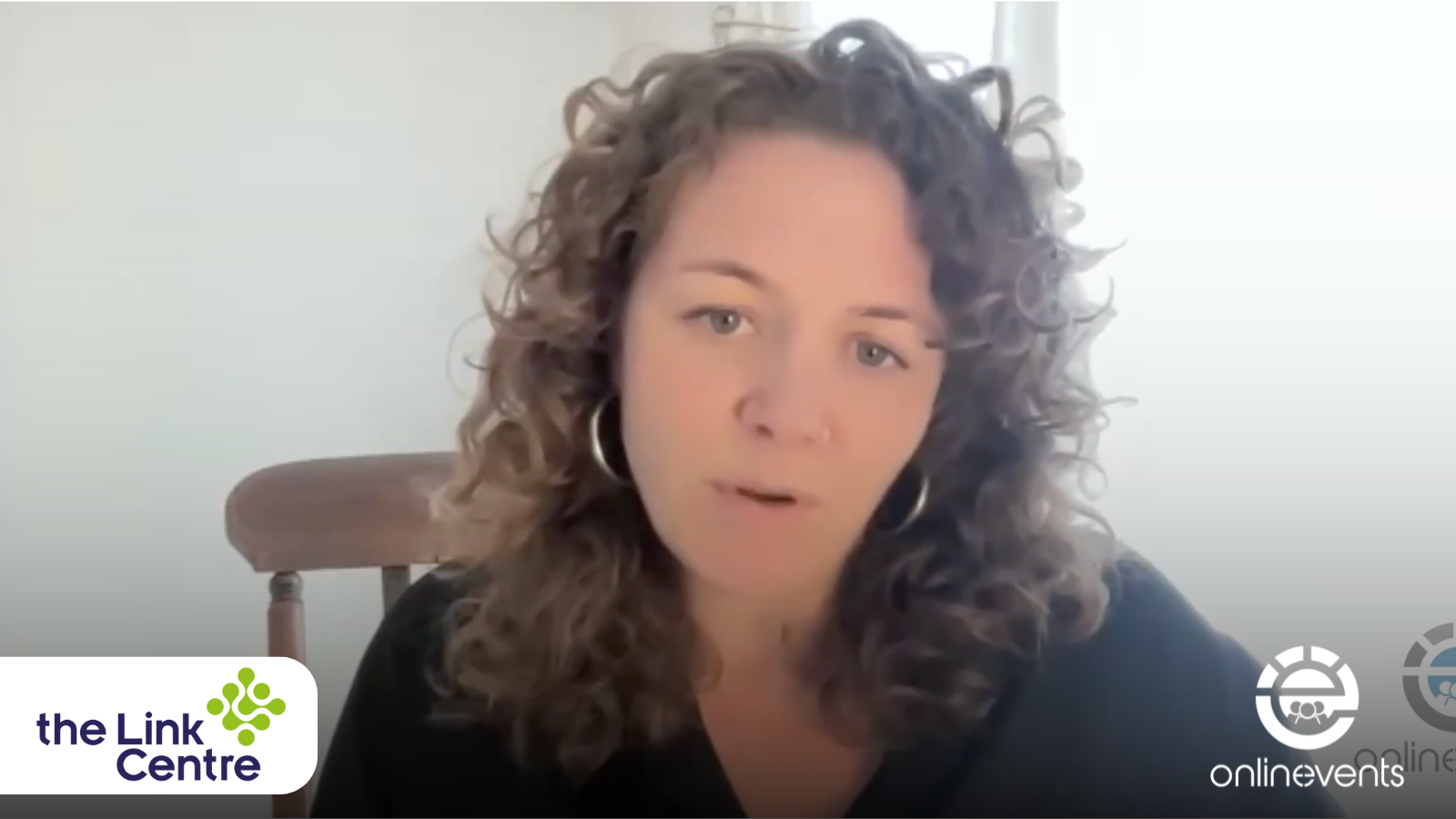As a result of our empathic engagement with survivors of various traumas; counsellors, psychotherapists and trainees are professionally susceptible to experiencing Vicarious Traumatisation. This is a largely neglected reality of our profession, where ever-increasing emotional demands are placed on clinicians with increasing caseloads of traumatised clients and diminishing levels of support. Now, more than ever, we need to be clear about how to recognise the signs and symptoms of Vicarious Trauma, how we can protect ourselves and what we can do when it inevitably arises in ourselves and/or our colleagues.
One of the defining features of vicarious trauma is the nature in which our world views are fundamentally changed as a result of prevalent exposure to traumatic material. But what does this actually mean for the counselling and psychotherapy profession? How can we better understand this process? And what can we do to safeguard ourselves and our colleagues from any potential harm and sustain our capacity for this vital work?
This workshop has been designed with the intention of initiating awareness of this often unrecognised impact of our work on the personhood of the professional. Case studies will be used to identify and define Vicarious Trauma and to consider the unique ways in which we might be impacted. Utilising the latest findings from research, a model of protection and reducing harm will also be presented. This will allow participants to consider the safeguards that they can employ to fully maximise the plentiful rewards of our work and our availability for it, whilst minimising the potential for Vicarious Traumatisation, burnout and compassion fatigue.
Course Content
Presenter

Dr. Rachel Hopping is one of the Partners of The Link Centre, a Counselling and Psychotherapy training centre based in Sussex and Online. Rachel is a Counselling Psychologist and UKCP Registered Psychotherapist and has worked with a wide range of clients both within the NHS and in private practice.
Rachel utilises an Integrative Relational model of psychotherapy, which centralises early relational experience upon the development of the self and later pathology. She incorporates these perspectives into both her practice and teaching, placing the quality of relating between therapist and client as the primary factor for growth and change.

This workshop in a collaboration between the Link Centre and Onlinevents
At the Link Centre we pride ourselves in delivering high quality options tailored to needs of clients and delivered in a relaxed, comfortable yet stimulating environment in which people feel safe to learn and develop. We work with individuals, groups, organisations, and educational establishments using the depth of our psychological knowledge, to facilitate growth and development.
Our training centre is located in the heart of the countryside, in Plumpton, East Sussex. It provides a variety of training rooms, extensive parking, and disabled access, to help meet the needs of individuals attending our courses. As well as this the centre has extensive grounds that can be enjoyed during lunch and tea breaks.
We also offer in-house coaching, training and consultancy that is tailored to the needs of our customers.
Our trainers and consultants are all fully qualified, experienced, skilled and accredited to both national and international level.
For more information about The Link Centre Visit thelinkcentre.co.uk


